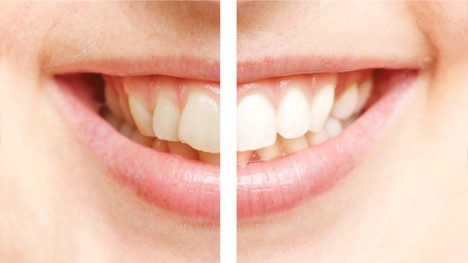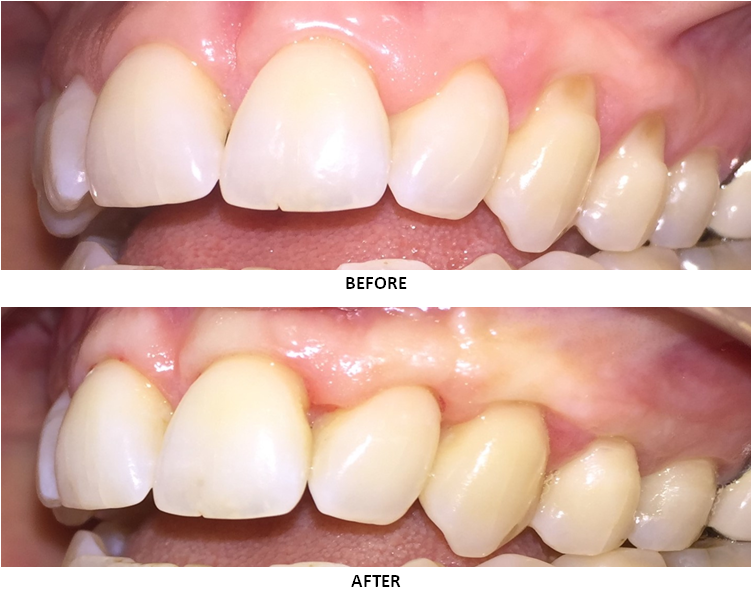
Professional Teeth Whitening vs. Home Remedies
Brighten Your Smile: Choosing Between Professional Teeth Whitening and Home Remedies
Teeth whitening improves your smile by removing discoloration with

Missing a tooth can be a daunting experience, but modern dentistry offers several effective solutions: dental bridges, implants, and dentures/flippers. Each option has its merits, and the choice depends on various factors, including personal preference, oral health status, and budget considerations.
One common solution is a dental bridge, which this particular patient chose. Bridges are popular for their predictable aesthetic results and functionality. However, they require diligent care, especially in terms of flossing underneath the bridge. Proper maintenance is crucial to prevent potential bone loss and the development of cavities on the anchoring teeth.
Dispelling Myths About Crowns and Bridges
A common misconception is that once a tooth is crowned or part of a bridge, it’s immune to dental issues like cavities. This couldn’t be further from the truth. Underneath the porcelain and metal that make up the crown or bridge, your natural tooth structure remains. Although these materials provide strength and improve aesthetics, the underlying tooth is still susceptible to saliva, bacteria, and sugars. Consequently, it’s possible to develop cavities around crowned teeth or teeth that are part of a bridge. Additionally, periodontal disease can still affect these teeth.
Caring for Crowns and Bridges
It’s essential to care for teeth with crowns or bridges as diligently as you would for your natural teeth. Regular brushing and flossing are key to preventing issues that could lead to the premature failure of these dental restorations. Investing time in your oral hygiene routine can save both your smile and your wallet in the long run.
Choosing a dental restoration is a significant decision that should be made with comprehensive information and professional guidance. Whether you opt for a bridge, an implant, or a denture, understanding the care required and the potential for future dental issues is vital. Always consult with your dental professional to determine the best option for your individual needs and to ensure the longevity of your dental health.
Remember, preserving the natural structure of your teeth and maintaining good oral hygiene practices are paramount, regardless of the type of dental restoration you choose. Your efforts in caring for your dental work will pay off in the longevity and health of your smile.
Your source for facts on oral health and dental care.
Offers comprehensive resources on dental services in Canada.

Brighten Your Smile: Choosing Between Professional Teeth Whitening and Home Remedies
Teeth whitening improves your smile by removing discoloration with

Mouthguards do more than protect your child’s teeth. A good mouthguard that has been properly fitted actually redistributes the force
© 2025 Dunbar Dental. All Rights Reserved